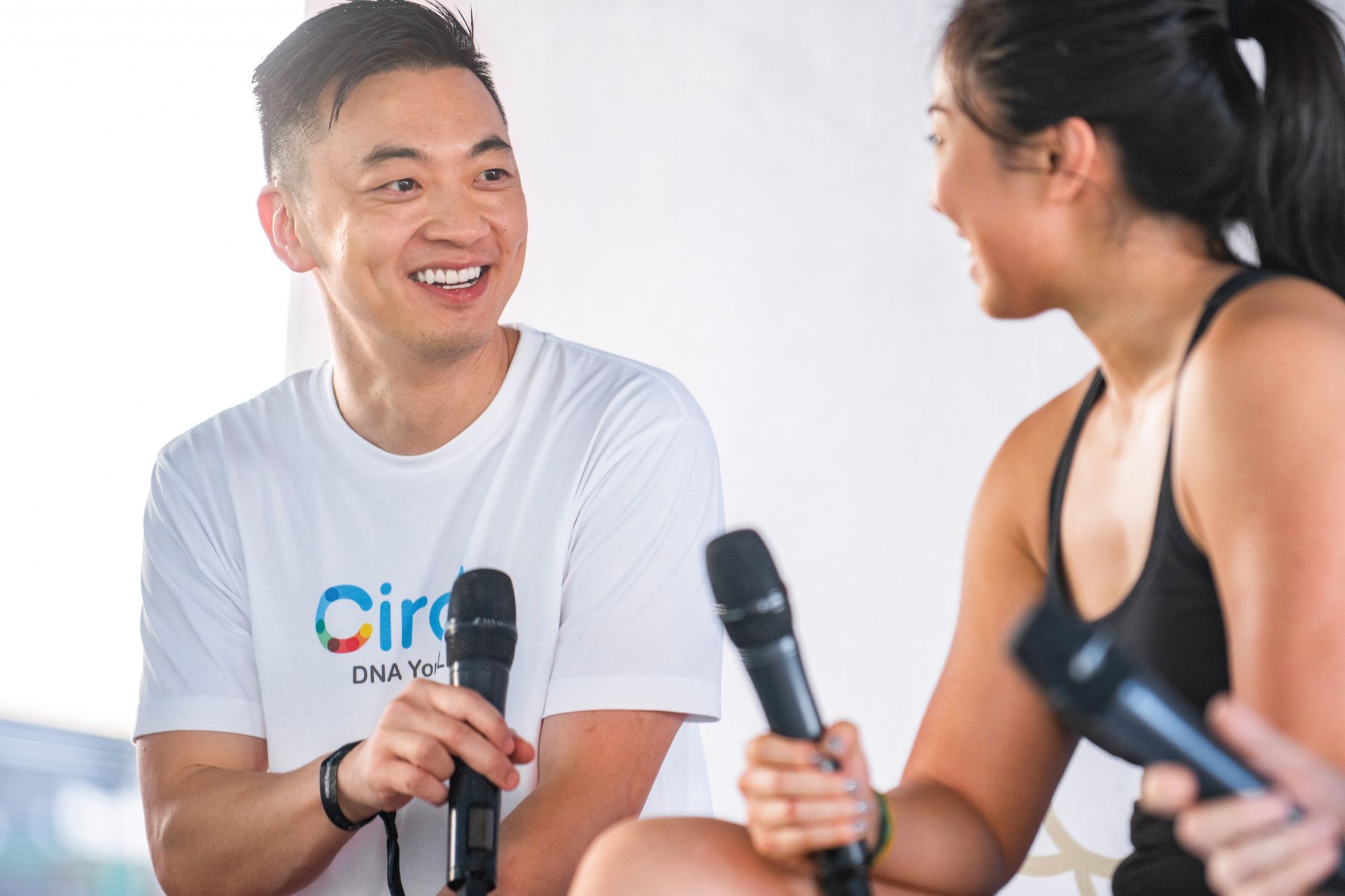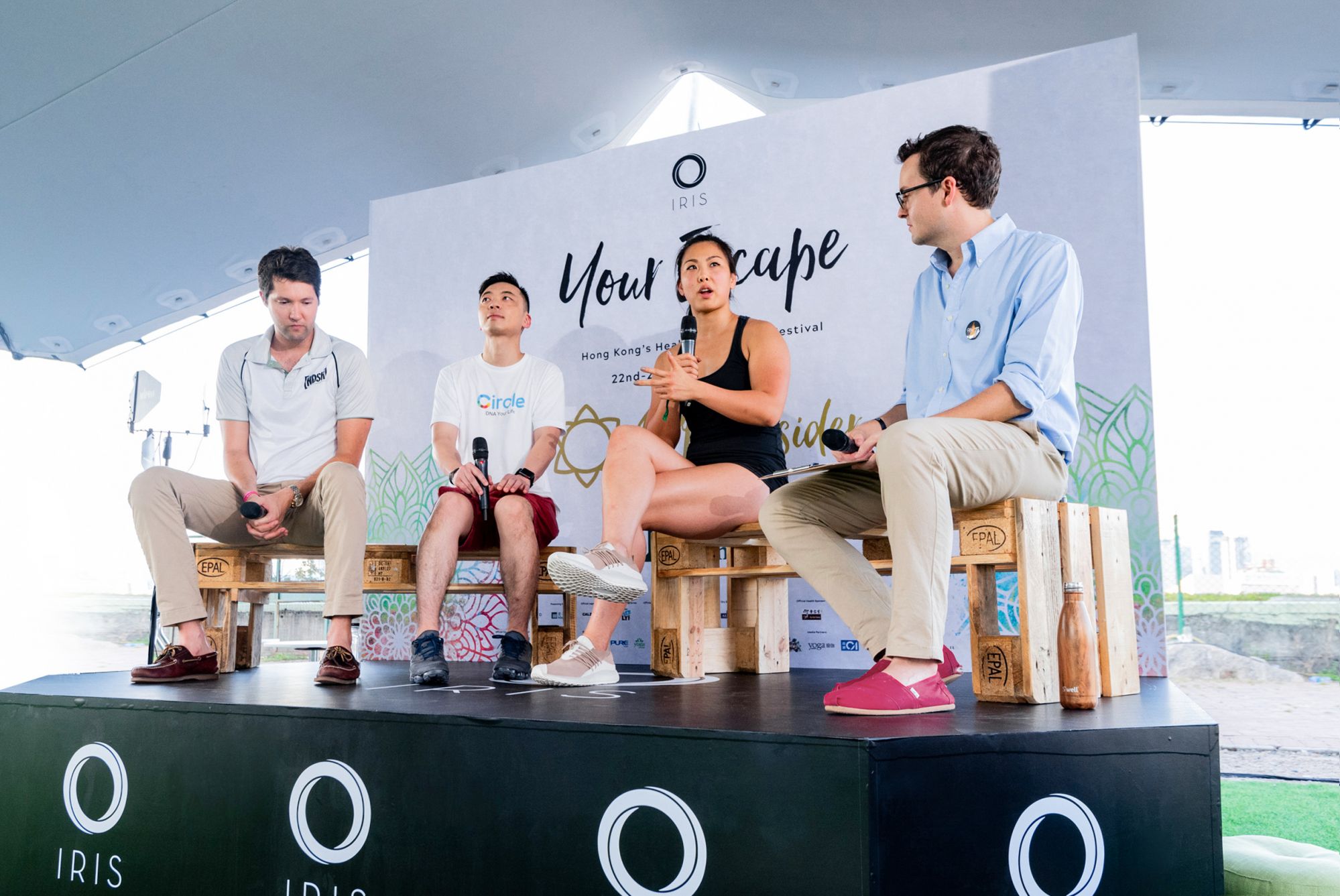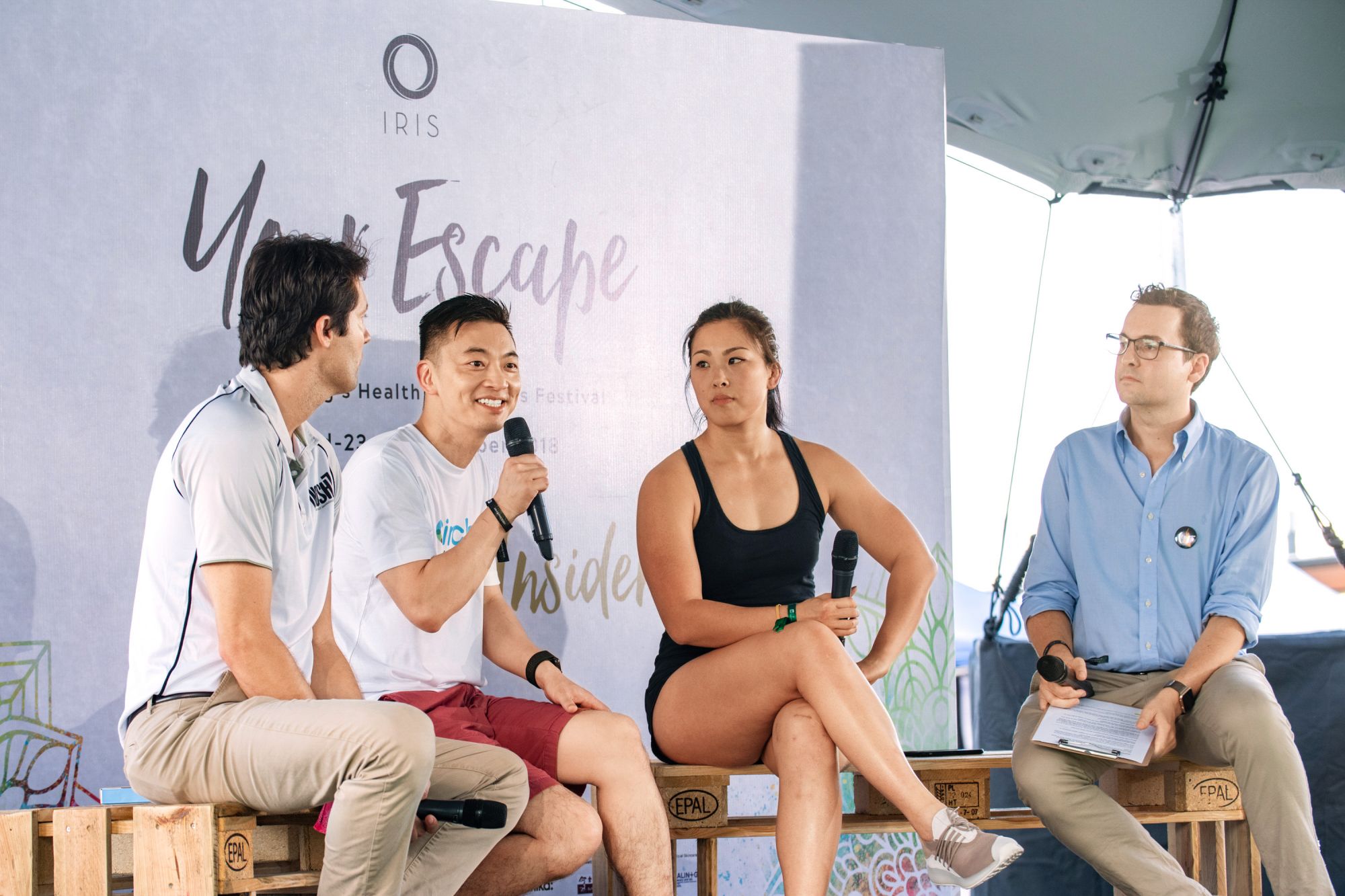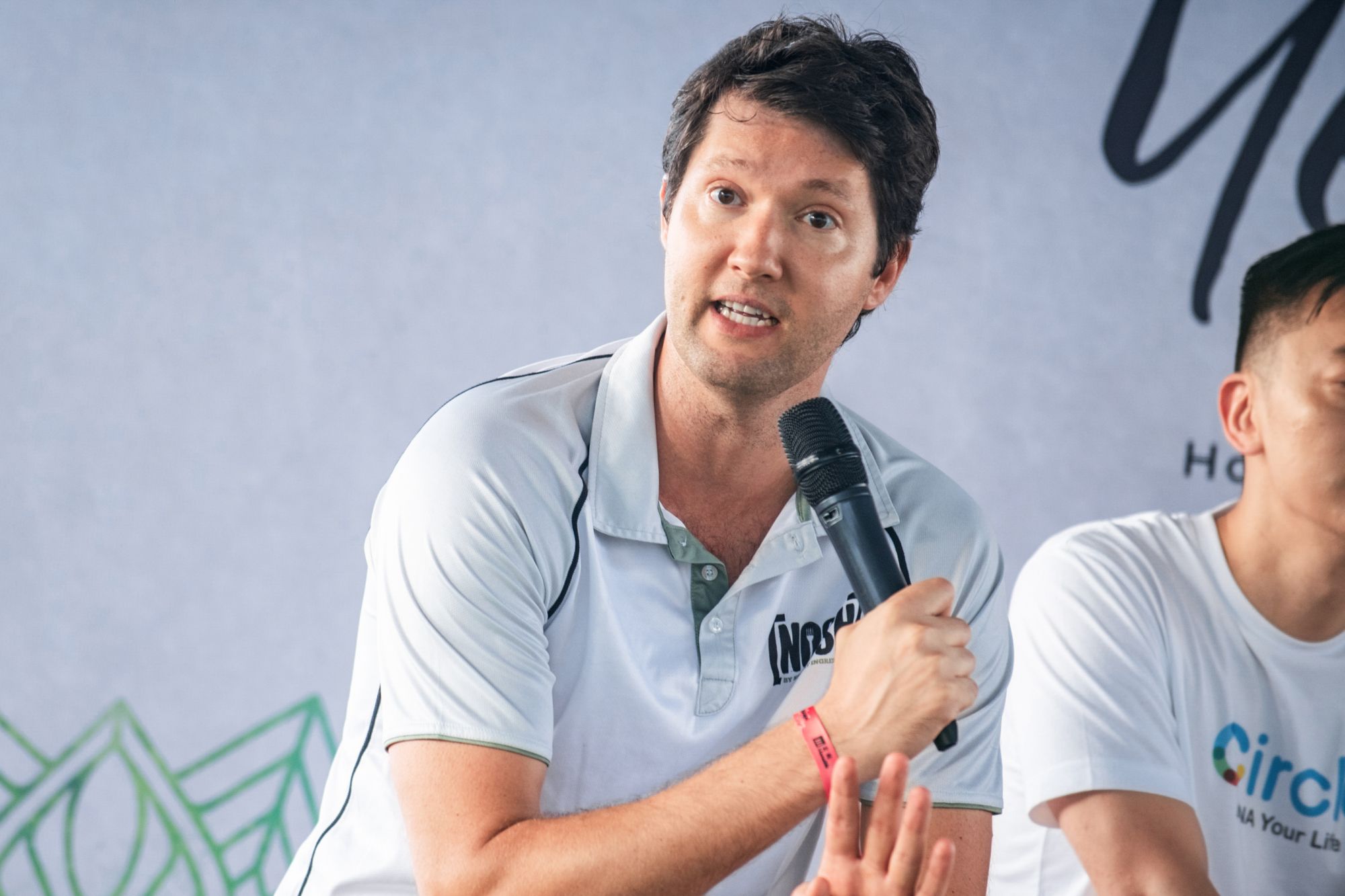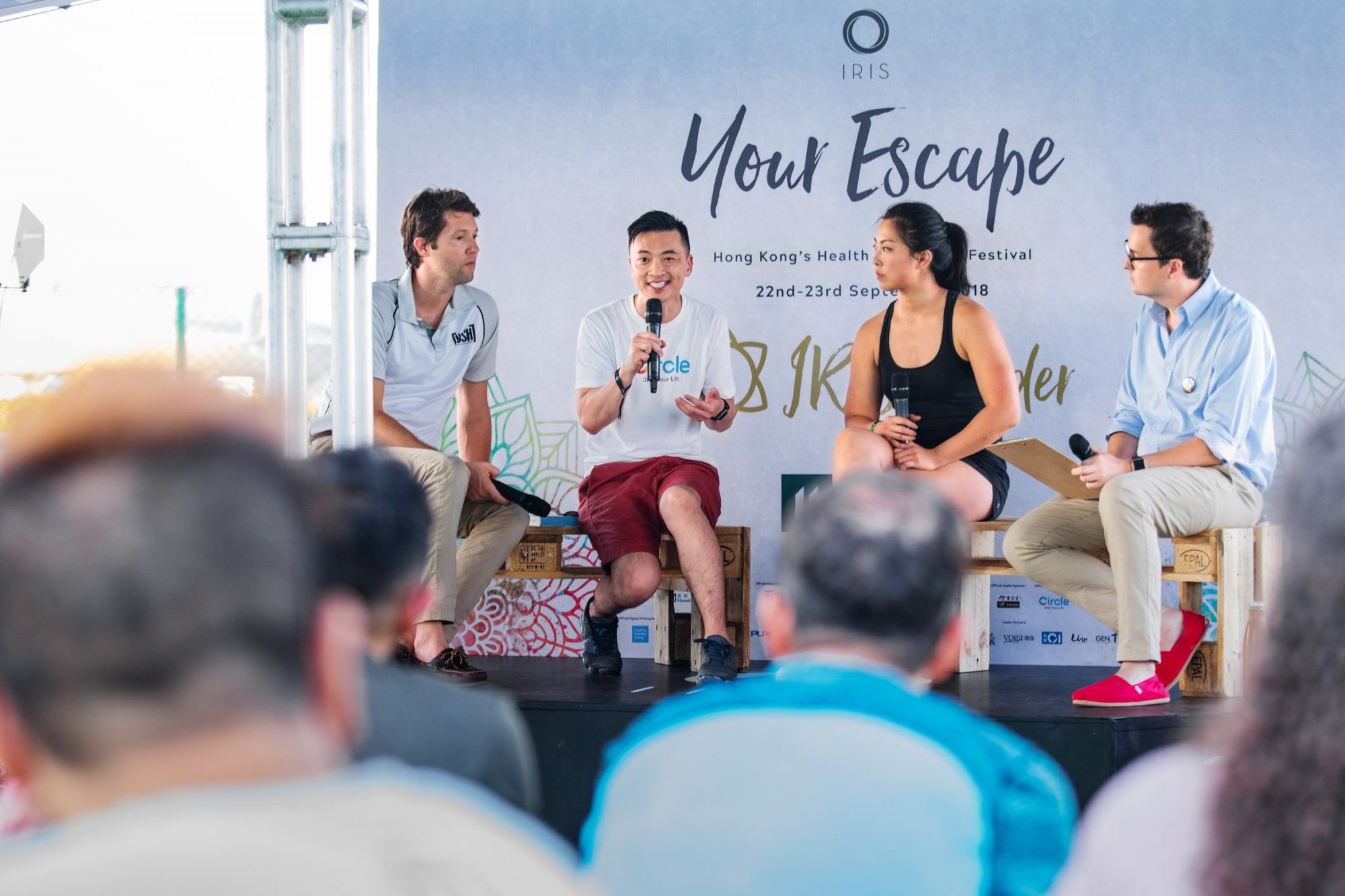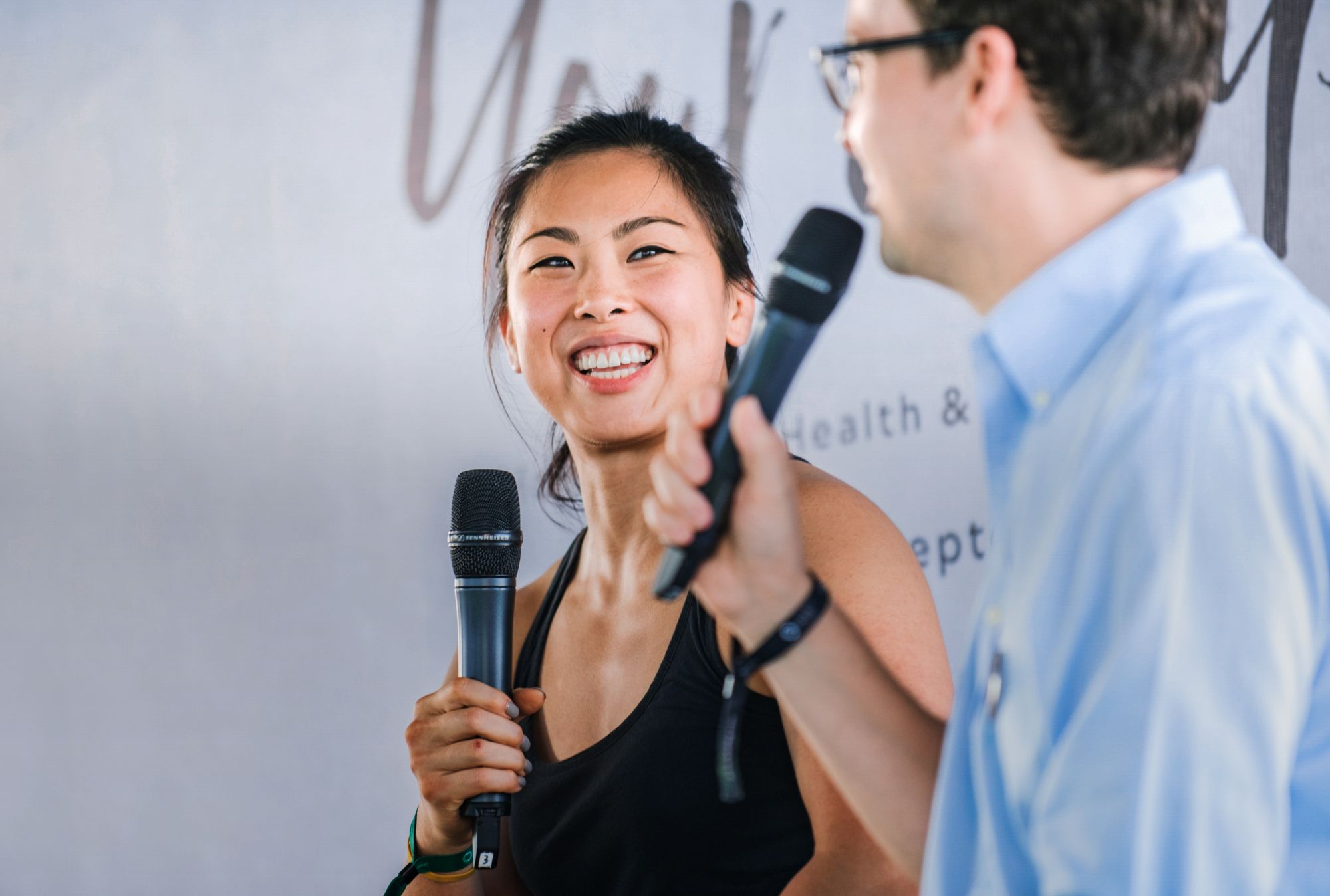Generation T honourees Ramona Pascual, Max von Poelnitz and Danny Yeung lent their expertise to the Gen.T panel discussion at wellness festival Iris: Your Escape. Here are some of the key takeaways
Talking Points is a semi-regular series where we highlight some of the key topics discussed at a Generation T keynote, fireside chat or panel discussion.
The global wellness industry is valued at close to 4 trillion US dollars, according to some estimates. That’s three times larger than big pharma. Given that the World Health Organisation estimates that 90 percent of the world’s chronic diseases could be prevented with proper diet and lifestyle, this looks to be a tipping of the scales in very much in the right direction. The inexorable rise of the wellness trend, it seems, is going nowhere fast.
We assembled three Gen.T honourees to discuss the implications of the burgeoning industry during a Generation T panel discussion at Iris: Your Escape, Hong Kong’s largest wellness festival.
MMA fighter Ramona Pascual, Prenetics founder Danny Yeung and Nosh’s Max von Poelnitz discussed their personal journeys as well as trends in the industry as a whole. Each of them have put wellness at the forefront of their professional lives—albeit in very different ways.


